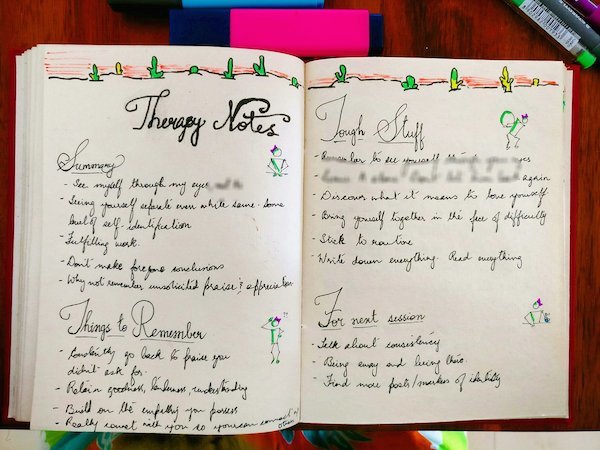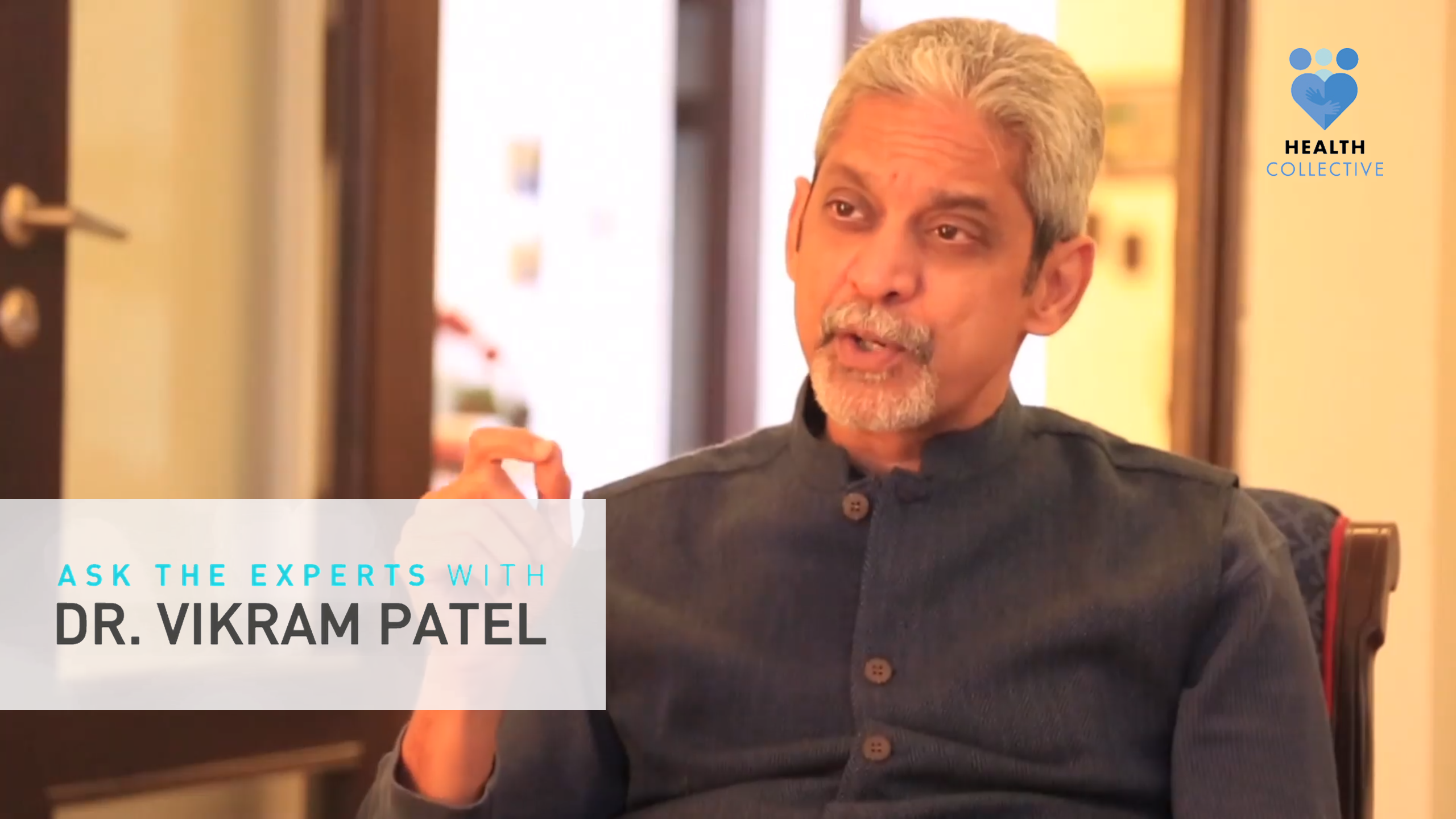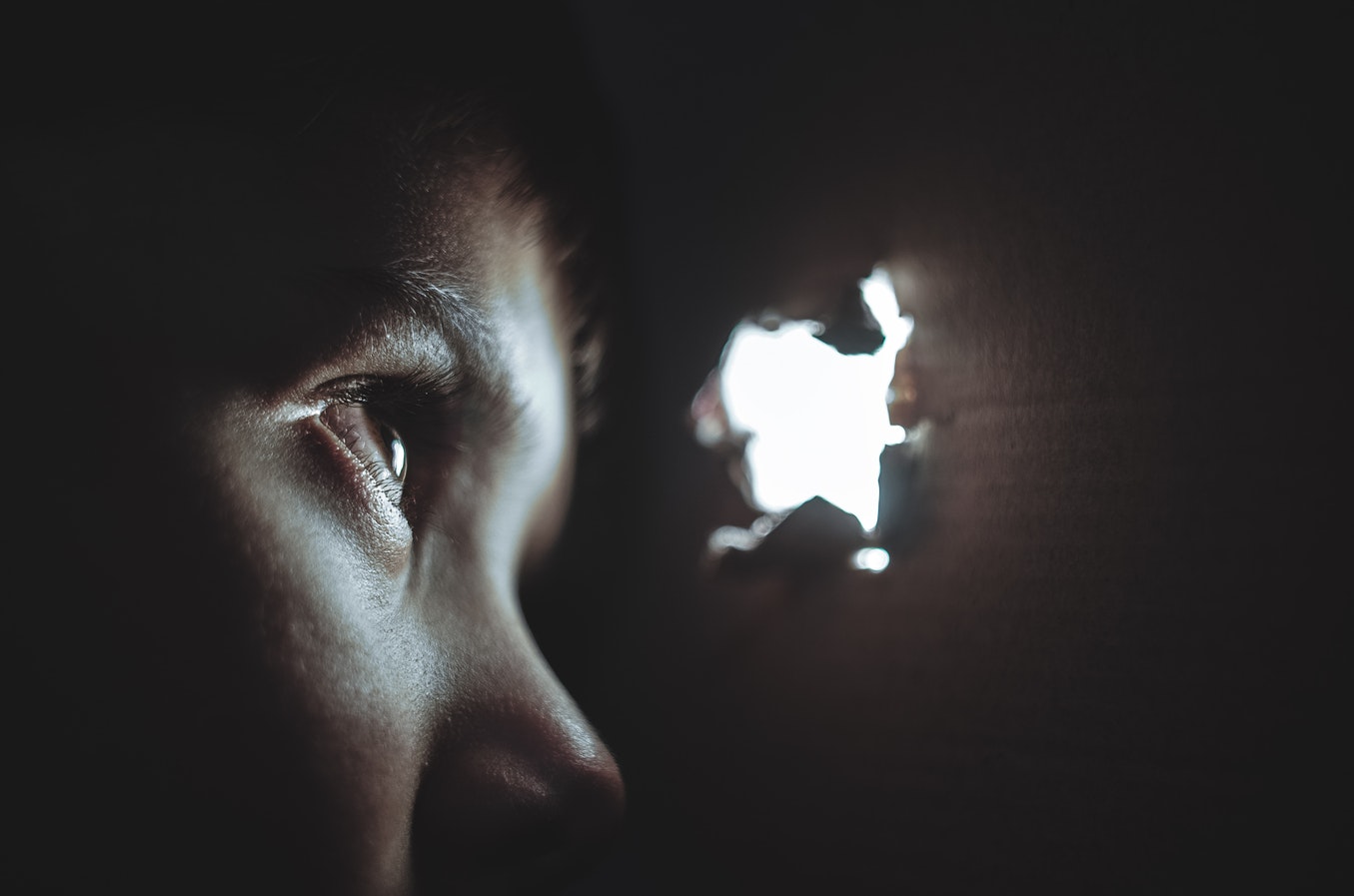Understanding Therapy: A Psychotherapist’s View
Pragya Lodha, Research Assistant at De Sousa Foundation, speaks to Sukanya Sharma for The Health Collective in our special series Understanding Therapy.
Edited excerpts of the interview:
Q: What exactly is therapy?
A: There is a difference between counselling and therapy. Counselling mostly refers to talks that happen with the client. Sometimes the patient only needs someone to listen to them, lend an ear, help process thoughts into words, and counselling is essentially a series of “self-esteem (building) conversations” that the patient shares with their counselor.
Therapy on the other hand, is more structured and works on various models.
Clinical testing is a method that helps understand what the patient cannot reveal in their talks — sometimes just a conversation is not enough to understand the root of the problem. These tests, which are simple paper and pencil tests, or drawing tests, help in finding the problem. They help in understanding the Emotional Quotient of the patient.
Also Read: Understanding Therapy: A Health Collective Special Series
Q: What are some of the major issues that come up?
A: In therapy most of the patients are just looking for someone to talk to. Sometimes all they need is counselling and someone who can give them their 1 hour of attention. Our lives completely revolve around our work today, and with our busy schedules it becomes to difficult to pay attention to the people around us…Clinically, the majority of the issues (that tend to come up) are around depression, but there are also cases of anxiety, substance use, and amongst children ADHD is noted quite a bit. In women, schizophrenia and bipolar disorder are also noted.
Also Read: The Great Meltdown and the Healing That Came Next
Q: Where do (patients) come from? What is their approach towards mental health?
A: I practise at Sion Hospital, and the psychology department there sees around 200-300 patients every day, from different strata of the society. When people realise and know that they are not able to function properly, their instant need is to get back to “normal”.
The approach to mental health has definitely improved; in fact I can say that where we are lacking today is in the form of resources. People are aware, but there are just not enough resources to cater to this need.

(Image Courtesy @TheRestlessQuil)
Q: As a therapist, how do you prepare yourself emotionally?
A: We all carry emotional baggage with us. In therapy, we are trained to keep our problems aside, and work on the task at hand. That being said, practising therapists must undergo therapy themselves. In fact, in the West, you have to undergo at least 10 therapy sessions before you can start practising…
There are many tools that are taught to us to be able to practise therapy. Self-compassion, the way we empathise with patients (and not just sympathise), the way we engage in a conversation…We also have to be culturally sensitised before we can start treating people. It is obvious that we will meet people coming from different backgrounds, and leaving our judgment aside is key in therapy.
Q: How do you take care of your own mental health?
A: Everyone comes with their own bag of problems and a lot of times they just vent out crying, which can be heart-breaking. Also, I don’t always see everyone. I have my own limitations; if there is a particular age group, or a section of the society that I’m not familiar with yet, I refer them to someone who is a specialist. For example, trauma counselling…
It is difficult of course, but at the end we have to not let the whole session affect us so much. There are times where I have been in a sort of daze, but then I speak to my own therapist who helps me see the way ahead. He has been my mentor every time I have stumbled away and need to get back on my path. I also undergo a good session of therapy to clear my mind. Also, on a more personal level, I just like to step out and speak to friends and family. Do things that are pleasurable, don’t over-work myself because I know it’ll be taxing for me. I only take a limited number of cases.
Also Read: More Stories on Getting Help
Q: What would be your message to those who are helping friends/family deal with mental health issues?
A: It is important to be able to just listen and be empathetic. Our lifestyles have changed so much that we lack the attention span to notice if anything is different or off.
Just checking in with friends/family from time to time is really something that should not be taken for granted. Also, it is impossible to not judge someone or something, but we need to be more sensitive towards this issue. Educate yourself; don’t be indifferent.
Views expressed are personal. Material on The Health Collective cannot substitute for expert advice from a trained professional. (Note: Post updated on November 12 to correct Pragya Lodha’s designation)




Pingback: Your Stories: Sticks and Stones
Pingback: Understanding Therapy